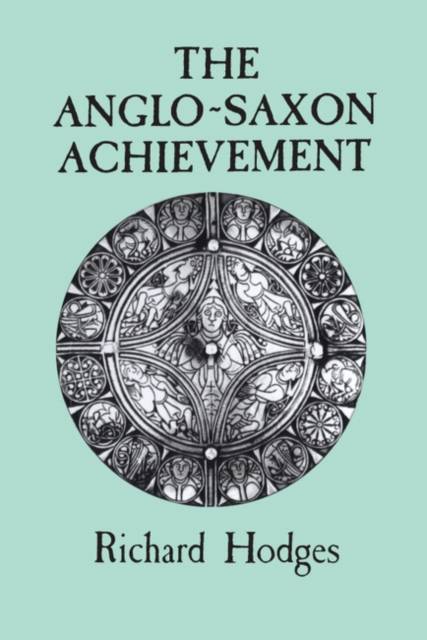
- Retrait gratuit dans votre magasin Club
- 7.000.000 titres dans notre catalogue
- Payer en toute sécurité
- Toujours un magasin près de chez vous
- Retrait gratuit dans votre magasin Club
- 7.000.0000 titres dans notre catalogue
- Payer en toute sécurité
- Toujours un magasin près de chez vous
Description
The year 1066 has been regarded traditionally as a great divide in English history, an apparent break with the past which has gained even greater status recently as historians have pushed back the origins of English society to earlier and earlier medieval generations.
Further than 1066 it is difficult to go, for this marks the point beyond which the English peasantry cannot be identified from written sources. Archaeology, however, concerned as it is mainly with small farms and simple town dwellings, has yielded a wealth of data on life in pre-Conquest England, opening a vista on the Anglo-Saxon peasantry, the Anglo-Saxon state and the Anglo-Saxon social and economic structure as a whole which alters radically our perspective of England's past. In this book Dr Hodges draws on the growing archaeological record to trace the genesis of English Culture right back to King Alfred, and even to the Anglo-Saxon migrations that followed the end of Roman occupation. In a profound analysis of what gave the English their individuality he offers a new assessment of the achievements of the first millennium, showing that a more or less continuous line connects the age of Bede with the Industrial Revolution.Spécifications
Parties prenantes
- Auteur(s) :
- Editeur:
Contenu
- Nombre de pages :
- 224
- Langue:
- Anglais
Caractéristiques
- EAN:
- 9780715622599
- Date de parution :
- 26-03-15
- Format:
- Livre broché
- Format numérique:
- Trade paperback (VS)
- Dimensions :
- 156 mm x 234 mm
- Poids :
- 322 g

Les avis
Nous publions uniquement les avis qui respectent les conditions requises. Consultez nos conditions pour les avis.






